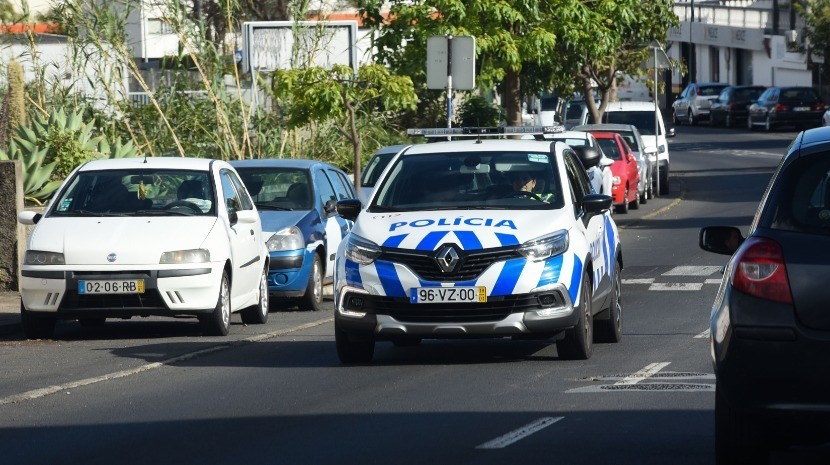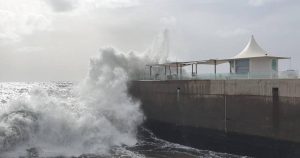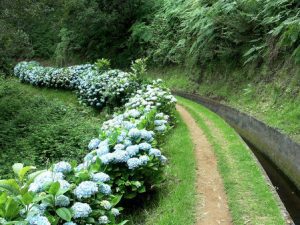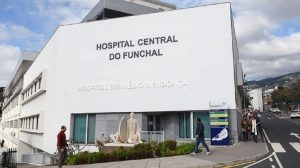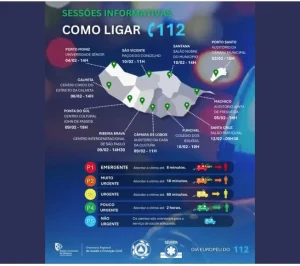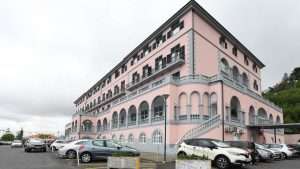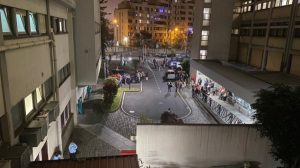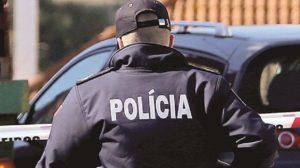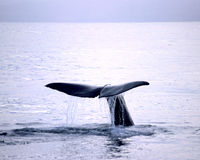Recalling that “the municipalities of Ribeira Brava and Câmara de Lobos have faced great challenges caused by the fires that have ravaged the Region, devastating vast forest areas and endangering the populations and their property, Public Security Police (PSP), has issued a statement confirming that it has “committed numerous human and material resources to the service of firefighting maneouvers, closing or conditioning car circulation in areas of greater danger, to facilitate the circulation of emergency vehicles and collaborate with the Civil Protection services in the assistance, support, rescue, and evacuation of people, especially the most vulnerable.”
This is what happened in Serra d’Água, Fajã das Galinhas, and Curral das Freiras in the early hours of yesterday morning. Today the PSP is being mobilised to Rabaçal, Boaventura, Serra d’Água and Boca dos Namorados.
In this sense, the PSP leaves some safety recommendations that the population should follow, especially in the locations targeted by the fires:
1. Follow the instructions of the authorities:
Respect the evacuation orders and other instructions issued by the Civil Protection, PSP, and firefighters.
b. Stay informed through official and reliable sources, such as local radios, official PSP communications, and Civil Protection alerts.
2. Avoid affected areas:
the. Do not travel to areas near fires unless absolutely necessary. The traffic of unnecessary vehicles can hinder rescue operations.
b. If you are in transit, follow the routes recommended by the authorities and avoid blocked or risky roads. Madeira Regional Command Rua da Infância, n.º 28, 30 e 32 9060-511 Funchal – PORTUGAL T: +351 291 110 012/3 E: rpub.madeira@psp.pt PRESS RELEASE | PRESS RELEASE
3. Stay calm and be prepared to have a bowel movement: (I’m sorry, I had to keep this translation in!!)
When a fire front approaches, plan your evacuation in advance, using the support of family and friends or local authorities.
b. Remember to take essential documents and medicines, water, non-perishable food, flashlight, and batteries with you.
c. Know the safest road routes.
4. Protect your home:
If possible, remove flammable materials around your home (such as dry vegetation, firewood, and rubbish).
b. Close doors, windows, and any openings that may allow sparks or smoke to enter.
c. Turn off gas and electricity before leaving if instructed to evacuate.
5. Health care:
Avoid inhaling smoke; Wear masks if necessary, especially if you have respiratory problems.
b. Stay hydrated and avoid intense physical exertion that can be aggravated by smoke inhalation.
6. Attention to the use of ignition sources:
During the critical period of fires, avoid making fires, barbecues, or using any equipment that can produce sparks or fire.
b. Do not throw away cigarette butts or other flammable materials in areas susceptible to fire.
c. The launching of fireworks and fireworks is prohibited in the periods targeted by orange and red Weather Alerts.
7. Helping others:
Be aware of neighbours, especially the elderly, children, or people with reduced mobility, offering help with evacuation or preparation of the house.
b. Participate responsibly, avoiding spreading unconfirmed or alarmist information.
8. Emergency Communication:
In case of immediate danger, call the emergency number 112.
b. Inform the authorities of any suspicious activity or fires that may arise, even if they are small.
After the Fire Passes:
1. Safe return: Only return home when the authorities assure you that it is safe.
2. Pay attention to risks: Be aware of damaged structures, falling trees, or downed power lines.
3. Mental health: If necessary, seek psychological support, as fires can be traumatic events.
“By following this advice, the population can contribute to their own safety and to the success of community protection operations,” concludes the PSP.
Samantha Gannon
info at madeira-weekly.com
Views: 0

